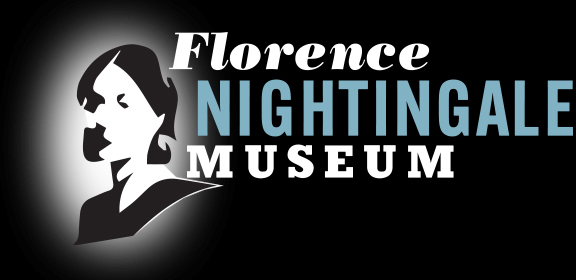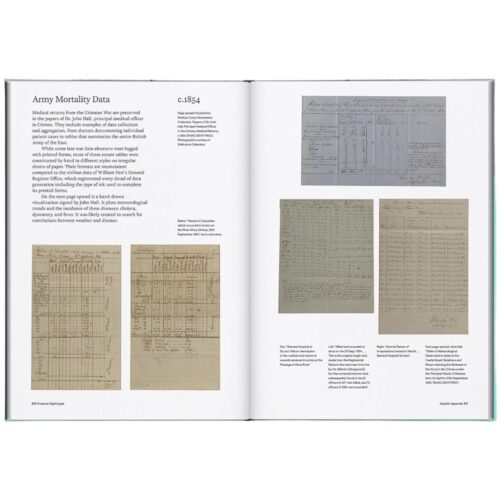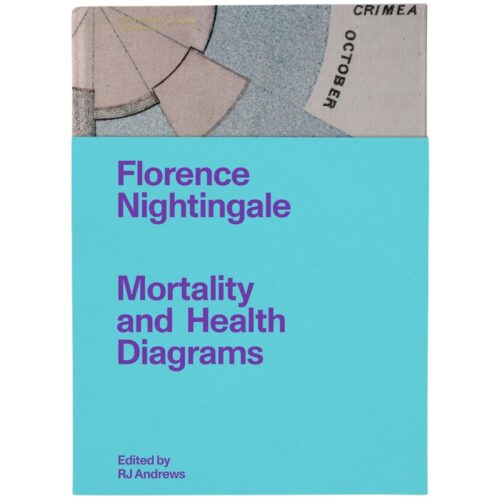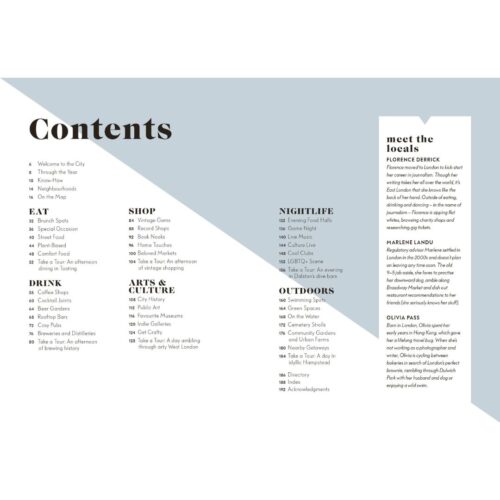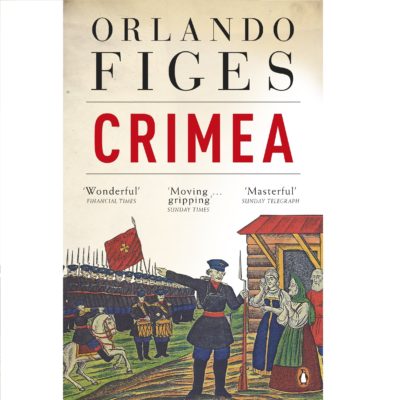-
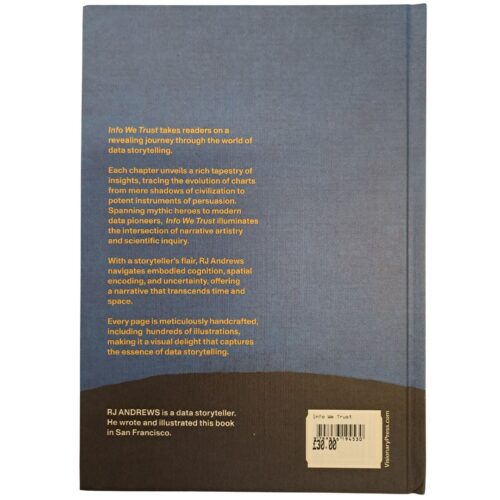
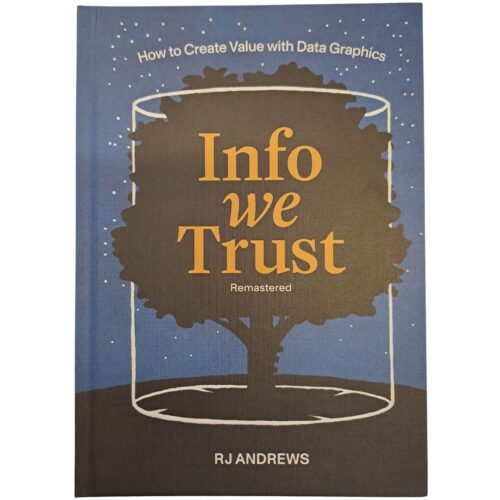 Goodreads calls this book, A love letter to data storytelling, and the book itself states that it takes readers on a journey through this subject, capturing its essence, with each chapter unveiling a rich tapestry of insights, tracing the evolution of charts from mere shadows of civilisation to potent instruments of persuasion.
Goodreads calls this book, A love letter to data storytelling, and the book itself states that it takes readers on a journey through this subject, capturing its essence, with each chapter unveiling a rich tapestry of insights, tracing the evolution of charts from mere shadows of civilisation to potent instruments of persuasion. -
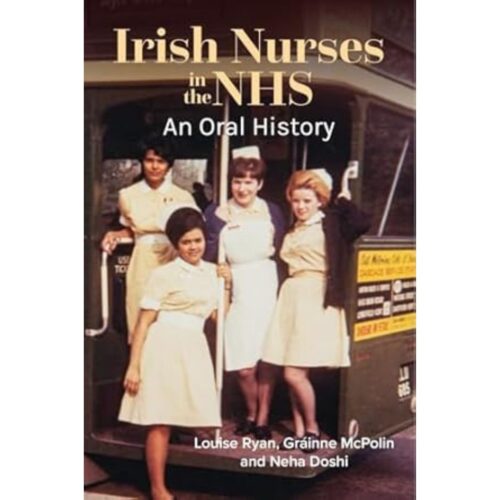 From the very beginning, in 1948, the National Health Service (NHS) actively recruited Irish women and men were to train and work as nurses in British hospitals. By the 1960s approximately 30,000 Irish-born nurses were working across the institution, making up around 12% of all nursing staff. Based on 45 interviews, this book tells the stories of Irish nurses in their own words using rich oral history and photographs.
From the very beginning, in 1948, the National Health Service (NHS) actively recruited Irish women and men were to train and work as nurses in British hospitals. By the 1960s approximately 30,000 Irish-born nurses were working across the institution, making up around 12% of all nursing staff. Based on 45 interviews, this book tells the stories of Irish nurses in their own words using rich oral history and photographs. -
 In this collection of testimonials, over 100 well known individuals, including the likes of Louis Theroux, Joanna Lumley and Michael Palin, share a collection of personal stories. Hopeful, heartfelt and hilarious, these stories form a love letter to the 1.5 million people who go above and beyond the call of duty every day.
In this collection of testimonials, over 100 well known individuals, including the likes of Louis Theroux, Joanna Lumley and Michael Palin, share a collection of personal stories. Hopeful, heartfelt and hilarious, these stories form a love letter to the 1.5 million people who go above and beyond the call of duty every day. -
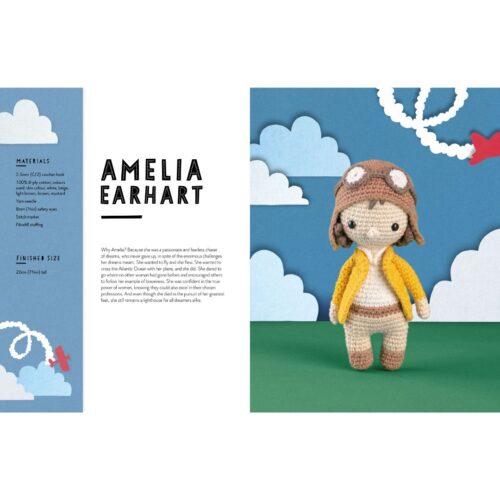
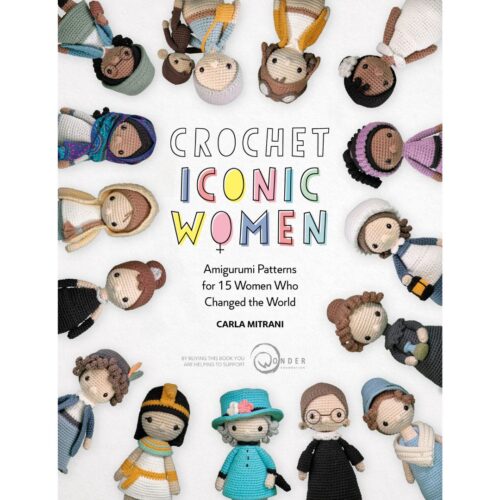 Crochet 15 iconic women who changed the world with this collection of amigurumi crochet patterns. Whether it's Florence, Greta or Malala, this collection of crochet patterns celebrates 15 women who have made an impact on the global stage whether in politics, sport, medicine or education. Learn more about each of the characters featured in this collection and make unique gifts to inspire and delight all generations.
Crochet 15 iconic women who changed the world with this collection of amigurumi crochet patterns. Whether it's Florence, Greta or Malala, this collection of crochet patterns celebrates 15 women who have made an impact on the global stage whether in politics, sport, medicine or education. Learn more about each of the characters featured in this collection and make unique gifts to inspire and delight all generations. -
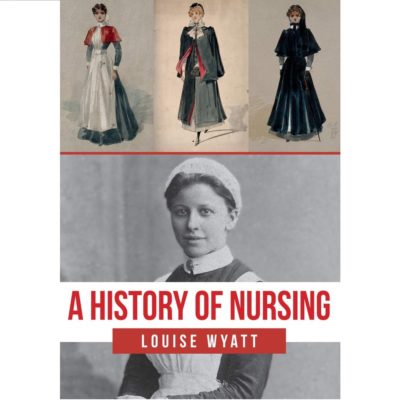 A History of Nursing explores the history of nursing by investigating the earliest records of the caring profession, how it progressed and what established it along the way to becoming the nursing we see today. It starts at the beginning of the story - how, once upon a time, all we had to depend on was Mother Nature. How did nursing go from being knowledge handed down through ancient scripts, folklore and sometimes by accident, to the degree-level, accountable practice of modern times? And why do nurses not wear hats anymore? A History of Nursing answers all these questions and more.
A History of Nursing explores the history of nursing by investigating the earliest records of the caring profession, how it progressed and what established it along the way to becoming the nursing we see today. It starts at the beginning of the story - how, once upon a time, all we had to depend on was Mother Nature. How did nursing go from being knowledge handed down through ancient scripts, folklore and sometimes by accident, to the degree-level, accountable practice of modern times? And why do nurses not wear hats anymore? A History of Nursing answers all these questions and more. -
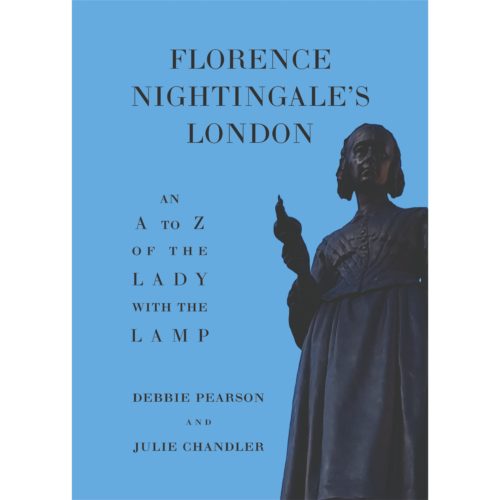 Florence Nightingale is known as 'The Lady with the Lamp', who travelled to Scutari to nurse the soldiers fighting in the Crimean War. But she stayed there less than two years, she spent more than half her life in London, and she lived until the age of 90. So, what else did she do, and where else did she go?
Florence Nightingale is known as 'The Lady with the Lamp', who travelled to Scutari to nurse the soldiers fighting in the Crimean War. But she stayed there less than two years, she spent more than half her life in London, and she lived until the age of 90. So, what else did she do, and where else did she go? -
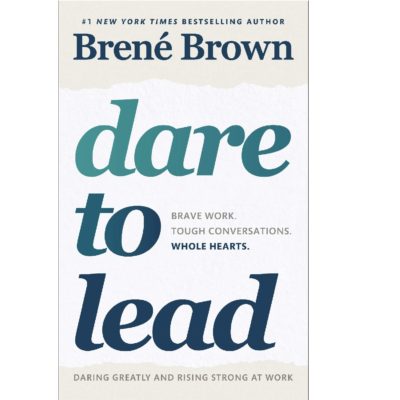 How do you cultivate braver, more daring leaders, and how do you embed the value of courage in your culture? Author Brene Brown (Daring Greatly; Rising Strong; Braving the Wilderness) shows that leadership is not about titles, status or power. Leaders are those who take responsibility for developing the potential in people and ideas.
How do you cultivate braver, more daring leaders, and how do you embed the value of courage in your culture? Author Brene Brown (Daring Greatly; Rising Strong; Braving the Wilderness) shows that leadership is not about titles, status or power. Leaders are those who take responsibility for developing the potential in people and ideas. -
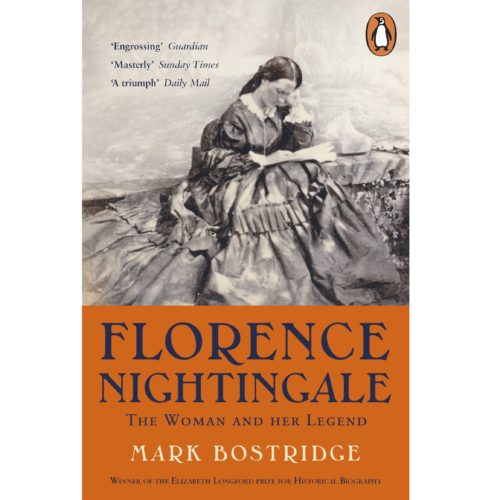 Winner of the Elizabeth Longford Prize for Historical Biography, Mark Bostridge’s Florence Nightingale is a masterful and enjoyable biography of one of Britain’s most iconic heroines. Whether honoured and admired or criticized and ridiculed, Florence Nightingale has invariably been misrepresented and misunderstood. As the Lady with the Lamp, ministering to the wounded and dying of the Crimean War, she offers an enduring image of sentimental appeal and one that is permanently lodged in our national consciousness. But the awesome scale of her achievements over the course of her 90 years is infinitely more troubling – and inspiring – than this mythical simplification.
Winner of the Elizabeth Longford Prize for Historical Biography, Mark Bostridge’s Florence Nightingale is a masterful and enjoyable biography of one of Britain’s most iconic heroines. Whether honoured and admired or criticized and ridiculed, Florence Nightingale has invariably been misrepresented and misunderstood. As the Lady with the Lamp, ministering to the wounded and dying of the Crimean War, she offers an enduring image of sentimental appeal and one that is permanently lodged in our national consciousness. But the awesome scale of her achievements over the course of her 90 years is infinitely more troubling – and inspiring – than this mythical simplification. -
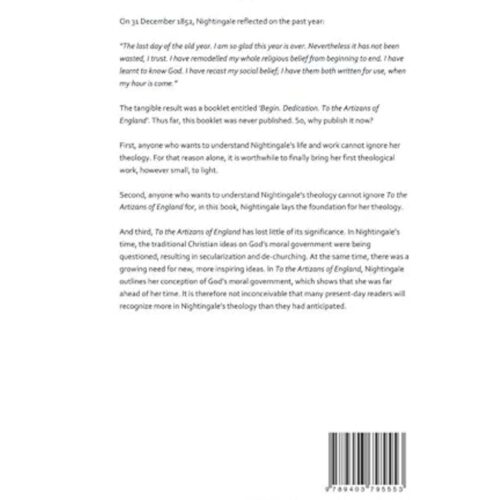
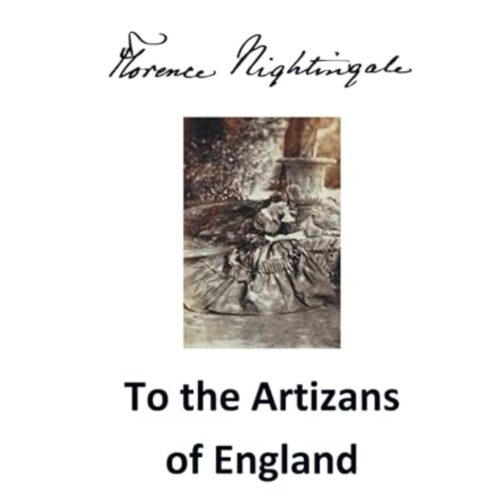 On the 31st December 1852 Nightingale reflected on the past year. The last day of the year. I am so glad this year is over. Nevertheless it has not been wasted, I trust. I have remodelled my whole religious belief from beginning to end. I have learnt to know God. I have recast my social belief; I have them both written for use, when my hour is come. The tangible result was a booklet entitled Begin. Dedication. To the Artisans of England, now published for the first time.
On the 31st December 1852 Nightingale reflected on the past year. The last day of the year. I am so glad this year is over. Nevertheless it has not been wasted, I trust. I have remodelled my whole religious belief from beginning to end. I have learnt to know God. I have recast my social belief; I have them both written for use, when my hour is come. The tangible result was a booklet entitled Begin. Dedication. To the Artisans of England, now published for the first time.
